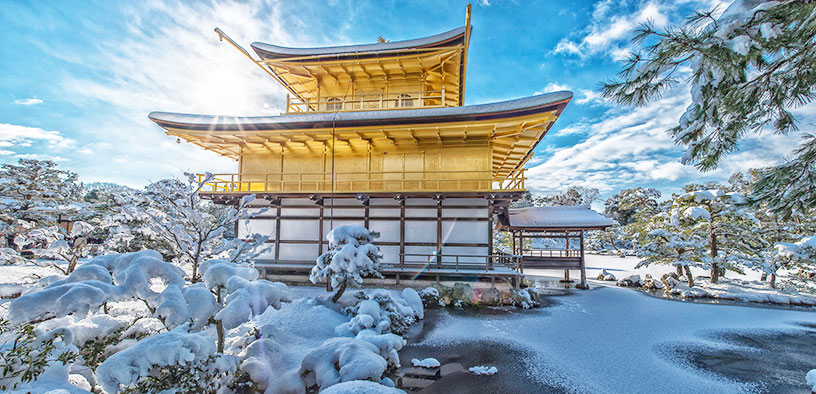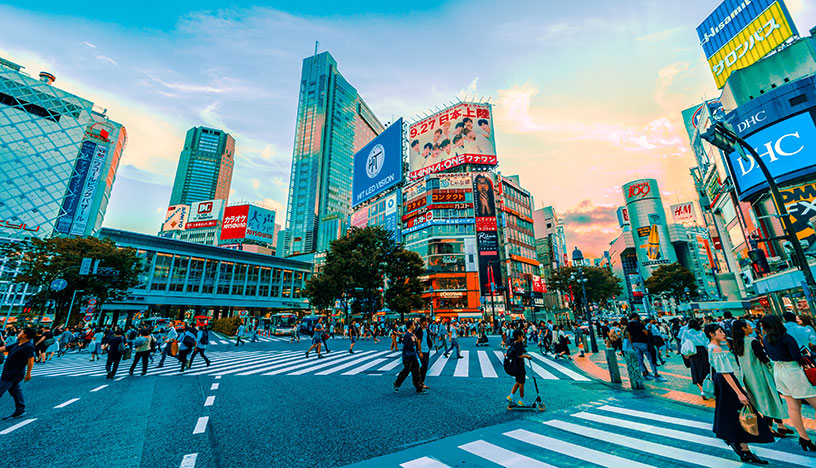Top Scams in Japan
Japan is an incredibly safe country in which to travel—theft levels are low and crime is rare.
But, regardless of the shining reputation of the country, there will always be the exception to the rule! There are scammers who are responsible for tricking foreigners into giving up their cash or picking their pockets.
You can avoid meeting the same fate by becoming familiar with some of the most common scams used in Japan.
As always, stay vigilant when in public and if you get a weird vibe or feel like you’re being led down a sneaky path, trust your instincts and leave. Don’t worry about politeness if you feel you are in danger, leaving can be your safest bet.
Сьогодні більшість користувачів цінують свій час і хочуть отримувати фінансові послуги максимально швидко. Тому можливість оформити картку онлайн без ліміту стає особливо актуальною. Це рішення дозволяє уникнути зайвої бюрократії, зекономити години на відвідуванні банку та отримати повноцінний платіжний інструмент усього за кілька кліків. Ви отримуєте доступ до розрахунків у магазинах, онлайн-сервісах та додаткових опцій без складних довідок і черг.
Be in the know about what scams you should watch out for while in Japan and find out more below!
Top scams to avoid in Japan:
Get a free quote for Cover-More travel insurance today!

Heading to Japan but overwhelmed with what to see and do? See our ultimate 12-day itinerary for Japan.
What tourist scams are there in Japan?
The Drop and Swap
Taxi drivers, waiters, shop keepers, and more will “accidentally” drop your change and pick up similar looking (though considerably less valuable) coins or notes instead.
This is somewhat common in Japan but also throughout Asia.
The Restaurant Scam
While not necessarily a "scam" as such, many travellers are put-off when local Japanese restaurants present a bill for "table charges". The theory behind this is that you should also be paying to use the space in the restaurant, not just the food!
Don't be surprised when the wait staff take your order and come back with a small snack for the table. Although appearing without your request, don't assume it's free - because it certainly is not.
While having to pay for this unwanted dish may seem unfair, it is a fairly common practice throughout Japan.
The Spiked Drink
Drink spiking is something you should always be alert about, even in Japan. Refrain from drinking alone, particularly in seedy-looking areas, as there have been reports of some shady bartenders or accomplices spiking the drinks of patrons.
This scam is usually about money and occurs once you place an order, drink your beverage and then pass out afterwards.
Hopefully you won't find yourself being aggressively woken up by people demanding payment from you or having already stolen your passport and emptied your wallet.
In some intense cases, you could be dragged to a nearby ATM and forced to withdraw all your money.
Unfortunately, sexual assaults on both men and women have been reported due to spiked drinks.
It's always best to stay with a group of people instead of partying alone.

Do you know much about methanol poisoning? You can be at risk when drinking alcohol overseas. Here's what you need to know about methanol poisoning.
The Beggar
As you walk along the street a beggar –typically an old or pregnant woman—will catch your attention and try to guilt you into giving them your loose change.
On the surface, this doesn’t seem terribly bad as more often than not you can either hand them a few coins to get them to stop hassling you, or simply continue on your way.
But sometimes there is a pickpocket nearby who is watching you to see where you keep your wallet.
This way, they have prior knowledge of its placement and can more easily plan to get it off you without you noticing later.
The Speak and Show
You’ll be walking around town, talking to your travel companions in English when a group of school kids or young adults excitedly approaches you.
They will not be obviously looking for anything and instead will express interest in connecting and practicing their English with you.
They’ve been studying it in school, after all, and their teachers said practicing with a native speaker is the best way to get better.
If you agree, they will offer to show you around the city in exchange for the practice.
Eventually though, you will end up in a café where you’ll enjoy tea, snacks and more…. then you’ll be presented with a bill for hundreds of dollars and your English-speaking student will be nowhere to be seen.
The Ore-Ore Fraud
This one is less likely to affect short term tourists and is more likely to affect people staying in Japan for an extended period of time, or someone moving there permanently.
In this elaborate scam, a con artist indiscriminately cold-calls phone numbers until they find someone that they think can be tricked into handing over money.
Since Japan’s society is largely cash-based, it makes this scam more effective as the scammers can’t be tracked.
Some of the con artists will even pose as police offers and demand payment for damage from a friend’s car accident.

See our travel blog for more helpful information you need to know when travelling both abroad and domestically.
Keeping your eyes peeled will get you far when travelling in a new country, but it can’t hurt to have a Plan B in the off-chance a master manipulator gets your wallet or other belongings away from you.
More often than not when people in Japan approach you, it will be to offer assistance if you look distressed or to return a misplaced item.
Travellers to Japan consistently come back with story after story of the kindness, respect and helpfulness of the locals and how they can’t wait to return.
While you will hopefully not come in contact with scammers in Japan, it's always better to be aware of what to look out for!
Consider travel insurance from Cover-More and compare our plans to find a policy that suits your travel needs.